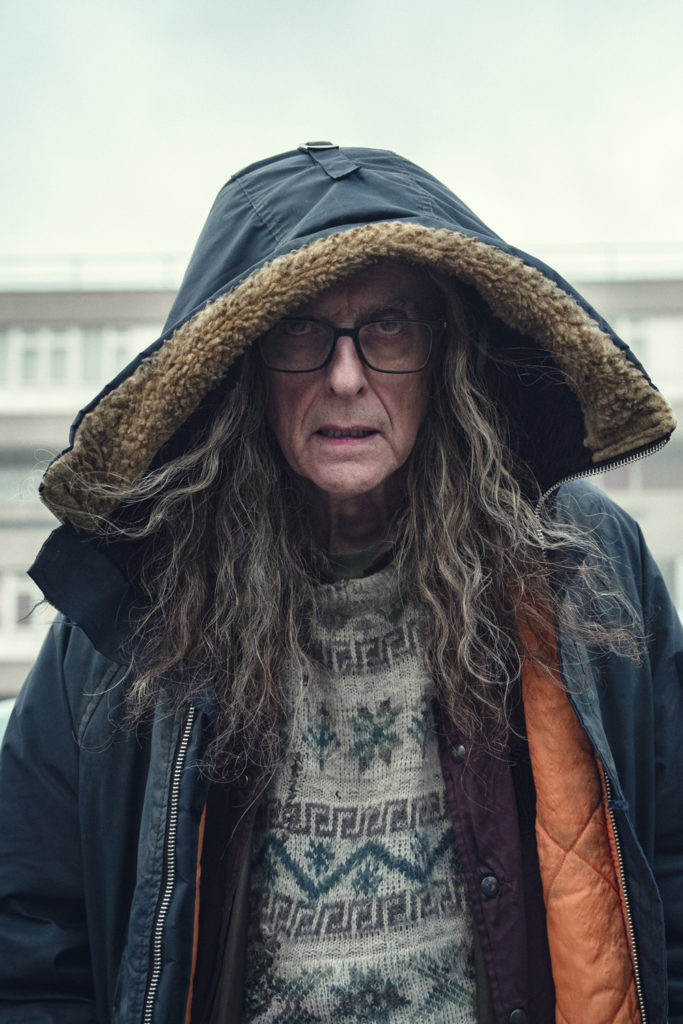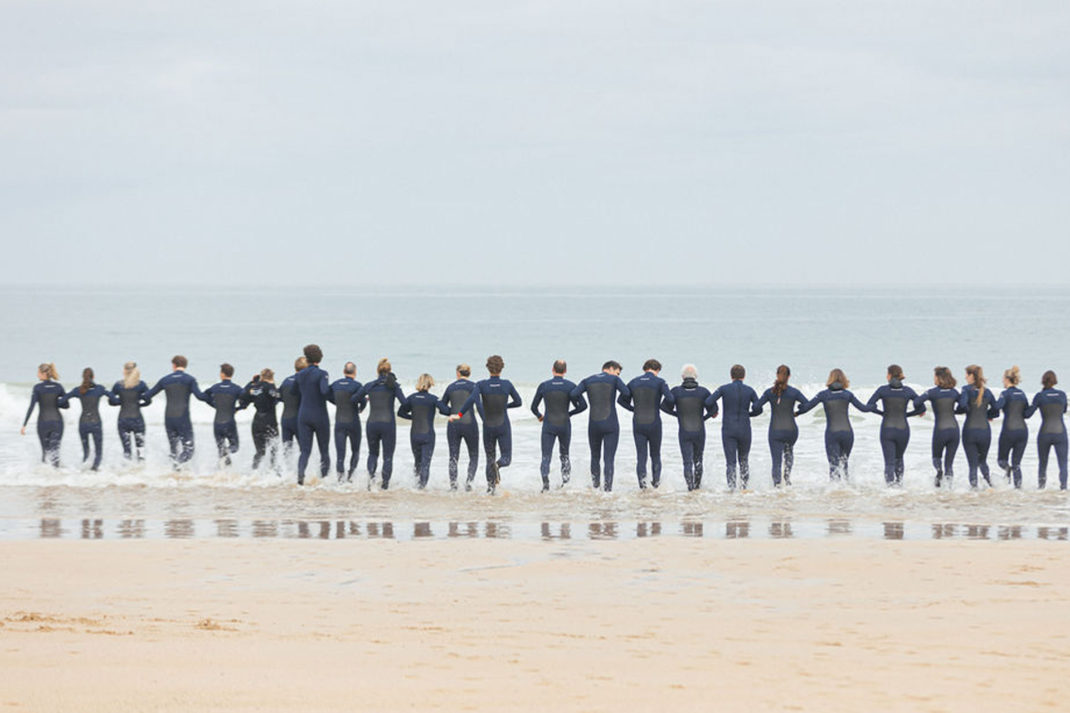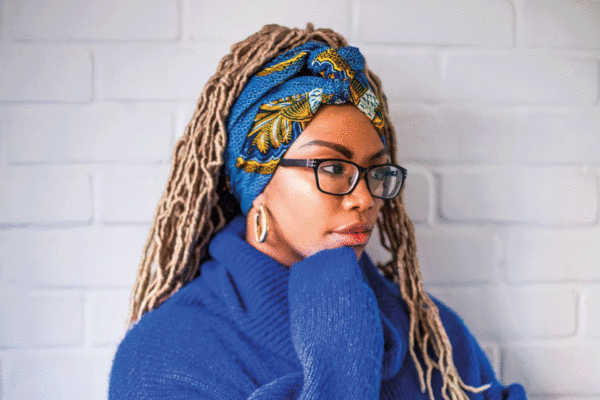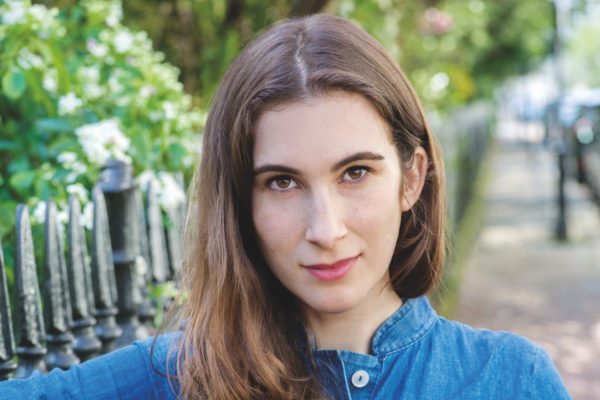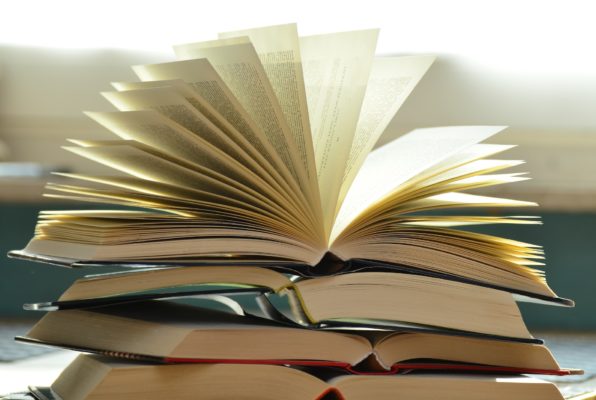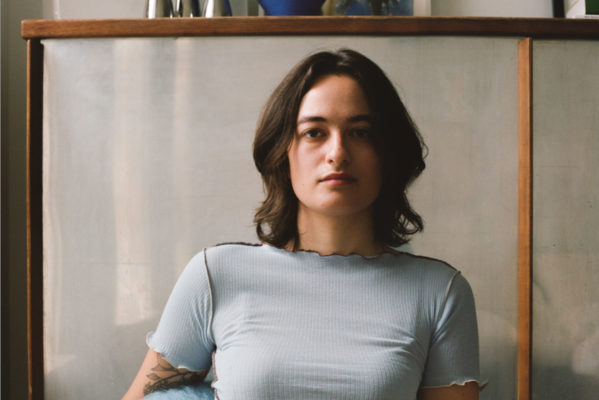C&TH Book Club: Avalon by Nell Zink
By
2 years ago
A darkly funny tale of one woman finding freedom
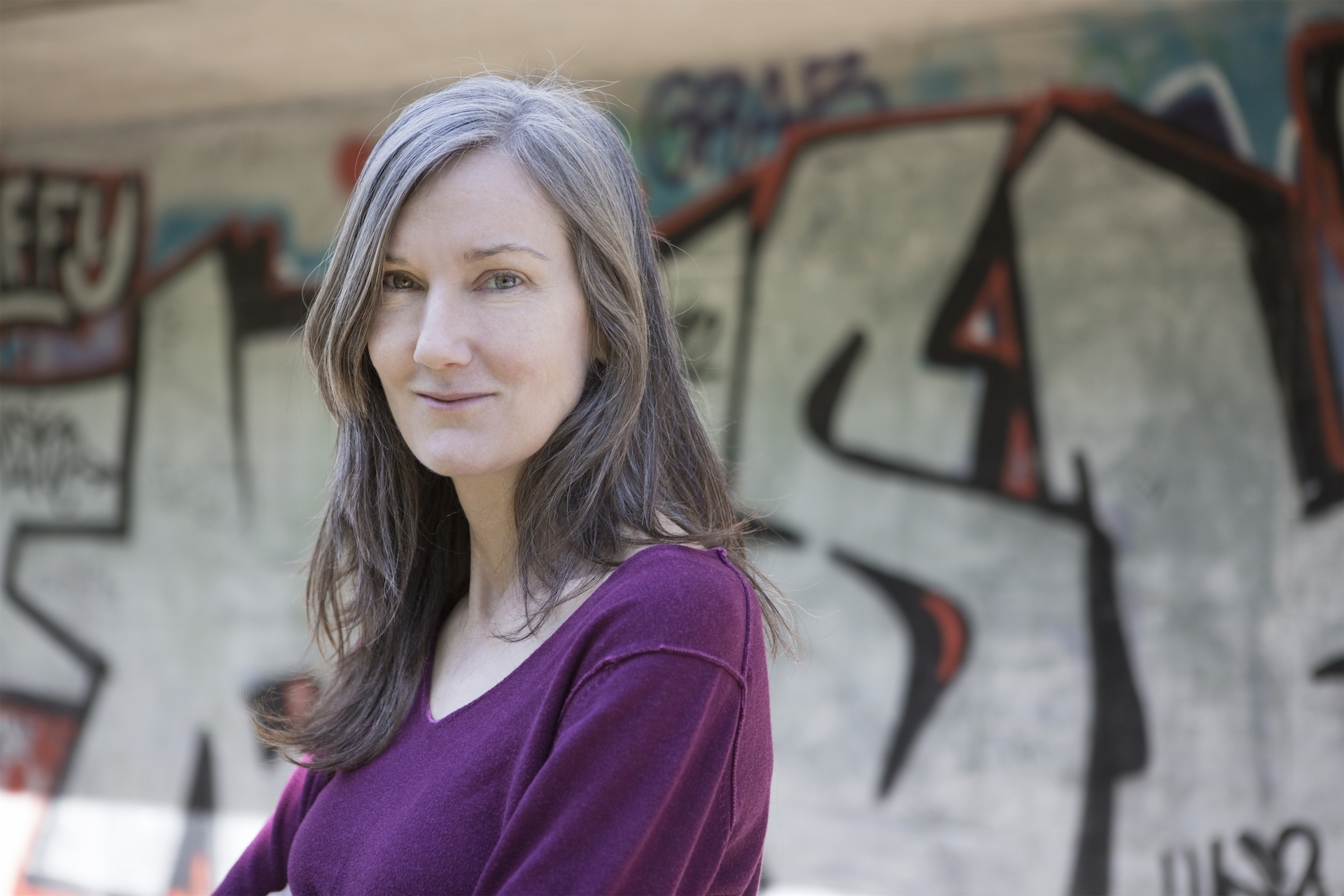
The latest edition of the C&TH Book Club explores new book Avalon by Nell Zink. The author talks to Belinda Bamber about why she doesn’t miss America, who she writes for, and not being worried about cancel culture.
Main image: © Francesca Torricelli
Interview With Nell Zink, Author Of Avalon – C&TH Book Club
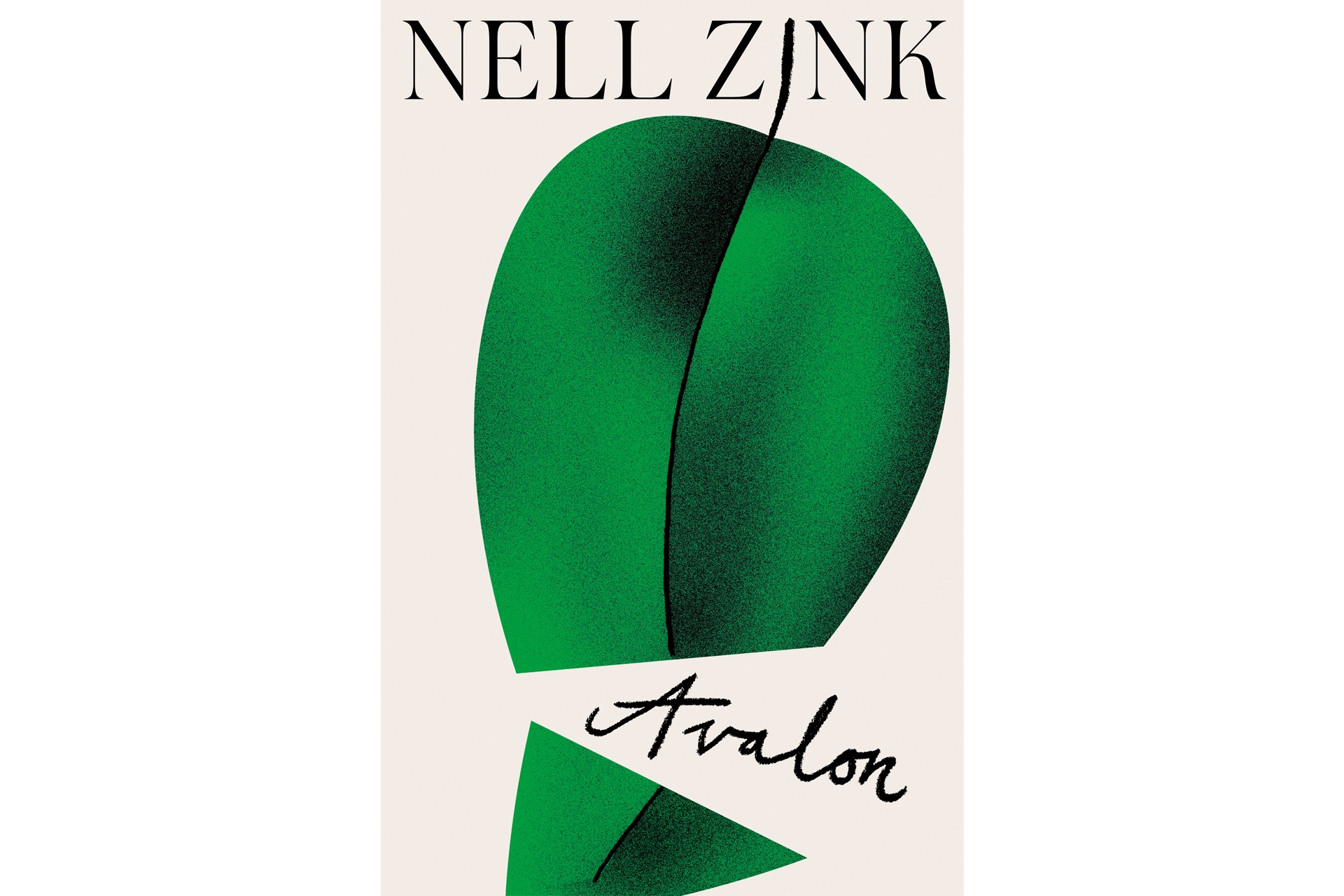
Belinda Bamber: On one level Avalon is a romantic comedy. Are you an optimist about love?
Nell Zink: I’m an optimist about friendship. Sex based on long-term mutual attraction is a beautiful gift, when it happens, but it’s a shame so many people take it as a cue to get married. Sex without sexual freedom is icky.
BB: Why do you give away the ending on the first page?
NZ: Bran feels ambivalence about her attachment to Peter, and the novel is framed as her confession – an attempt to excuse falling in love, when it’s never justifiable and in this case particularly dubious, even though Peter isn’t abusive. He adores her, but only when he’s willing to admit to himself that she exists.
BB: The dialogue is deliciously pacy. I get the feeling you really enjoyed writing Avalon?
NZ: Very much so. It’s my most autobiographical book, so it basically wrote itself.
BB: The heroine, Brandy, is an Audrey Hepburn-lookalike camouflaged beneath oversized men’s shirts. What’s that about?
NZ: The beautiful women I know all have horror stories, from being drugged and groped by professors at college to being raped by a friend of the family at age 12. I know a gorgeous, well-connected heiress in Berlin who got a huge, scary dog to protect her from stalkers. So it made sense to me that a good-looking girl who isn’t sheltered would shelter herself with tent-like clothes. Plus, as Bran says herself, Audrey is a two-edged sword. She’s a cult figure, but not sultry. It’s not straight men who turned her into a pinup girl.
BB: Avalon made me laugh out loud. Have you ever done stand-up?
NZ: No way! The contrast in working conditions is too dramatic. I write funny novels alone in my room, and booksellers convey them to my audience years later in my absence. Plenty of stand-up comedians these days pose as shy, retiring persons, but don’t believe them.
BB: Bran ends up being cared for by a dubious step-family. Is blood thicker than water?
NZ: Family has an overwhelming grip over most people’s emotional lives, including mine. I don’t have children, but I would dread loving anyone again the way I loved my mother. Maybe I could put up with it if that person were unfailingly healthy and happy and guaranteed to outlive me. Parents are brave to take the risk they do. They’re getting on an emotional rollercoaster where they don’t know whether it returns to the station or simply cranks them up the first big hill before derailing.
BB: Are any movies of your novels in the offing? Who would you cast?
NZ: I’ve had two novels optioned by prominent indie studios, I think for $5,000 and $10,000, but I never had one of those meetings where they fly you to Hollywood, or even a video conference with a producer. On the other hand, my friends who’ve had ultra-exciting meetings and conferences and met directors to talk about casting famous stars have – so far –never seen a single cent, so I don’t mind. I’d be no help with casting. I don’t think I can name an actor under 35.
BB: Your novels are peopled with characters of all sexualities and ethnicities. As a writer does cancel culture ever give you pause?
NZ: I have too much faith in the cultural and economic predominance of the neoliberal right to be worried about being cancelled by someone to my left. That said, I also don’t have a college teaching job. I’ve spoken with teachers who do feel they have to be absurdly careful, but I’ve definitely spoken more often with openly sexist, bigoted, egotistical young writers and journalists who don’t have a worry in the world. Ultimately, the people who decide whether I get to keep my writing job aren’t activist teenagers. They’re corporate publishing executives, and reviewers working for billionaire media moguls. Even the literary magazines now are underwritten by billionaires.
BB: Which character from any of your novels would you have a drink with?
NZ: I’d like to meet Jasmine, the tragic Kurdish ex-communist in Nicotine. But outdoors, because of her smoking, preferably at her new place in Hawaii.
BB: Bran gets into more than one violent situation, yet you save her by tilting danger into satire. Are you protecting us or yourself?
NZ: I am well aware that just about everyone watches unending horrors on streaming TV and has become unshockable. My refusal to deploy sexualised violence as entertainment is conscious and deliberate. I know that readers enjoy violence in literature and actively seek it out, but I haven’t yet sunk to the point of writing bestsellers.
BB: Where does your strong moral compass come from?
NZ: Politically, I’ve been on the left since college, because that’s where all the harmless people were. Conservatives always seem a bit medieval to me, feeling solidarity only with their own families and fetishising the military in a way that privileges men as citizens. My desire to live in a just society under the rule of law in an intact natural environment hasn’t really shifted over the years. The rest – whether a particular harmless person prefers to talk about medication prices or gender identities or the Fifth International – is nuance.
BB: You live in Germany but write about America, where you grew up. What do you miss?
NZ: A friend from Philadelphia came to visit me the other week. She and her husband have a home in a nice neighbourhood near the big art museum. The night she arrived, a man on their block used his handgun to defend himself from a carjacking and was shot dead by a 16-year-old. My friend’s husband, a gentle tai chi master, has three guns in the house and goes regularly to the firing range to practice. How should I put this? I don’t miss living in America. But it’s a nice place to visit, for streetwise people.
BB: Your books teem with ideas and allusions. Should I be reading obscure German philosophy?
NZ: Allusions are easy! You don’t have to read entire books. But I like books. They’re just part of the landscape, so I compare things to them sometimes.
BB: You published your first novel comparatively late, with Jonathan Franzen’s encouragement. Are you glad you waited?
NZ: I am glad my more ambitious juvenilia has been lost to time. Many young people have sufficient talent to write touching stories, but originality – it’s hard to be original if you have no idea what’s been done before – and the creativity that arises from authentically jaded world-weariness are much more interesting to me.
BB: Do you have certain readers in mind?
NZ: It varies from book to book. The Wallcreeper was for Jonathan Franzen, just as Private Novelist was for my friend Avner Shats. I never thought either would be published. My new novel Avalon was written for a Peter-like friend who’s a professor of German literature in Zurich. Doxology was aimed at a certain critic at the New York Times, who obligingly gave it a rave. I wrote Nicotine for myself alone—that is, for the immortal world of posterity and art for art’s sake. Lastly, I admit I said in some interview somewhere that Mislaid was “agent bait” – this quip gets quoted all the time, to my sorrow – but in reality it was a veiled confession of my somehow knowing way too much about gay culture in Virginia in the 1980s. Once after a festival out in rural Ireland, Edmund White and Colm Toibin – two great gay writers, with White a truly heroic one as co-founder of Gay Men’s Health Crisis – offered me a ride back to Dublin in Toibin’s Daimler and revealed that they both liked Mislaid. That’s still the most meaningful accolade I’ve ever received. They were a bit disappointed that I’m not gay, but frankly, so am I.
BB: Is your brain peopled with a vibrant world of eccentrics clamouring to get out?
NZ: I would say my brain needs to be actively “peopled” simply because my memory is so bad. When I want to remember something, I have to put it into words. I say to myself, “gray fish with two black spots” or “slept with an artist who made gigantic cows out of papier-mâché and called her to whisper, ‘Moo.’” I like stories, and whenever a friend tells me a good one, I make her repeat it, so I can tell it to myself over and over. It’s a bit like how people lived before television.
BB: What happens to kids who grow up without stories?
NZ: I don’t think those kids exist; if their parents aren’t the type to pitch them Noel Streatfield, the culture gives them the X-Men, or at least gossip about school friends. The stories that matter most are historical ones, which are increasingly politicized. History is more dramatic than any fantasy novel, partly because it’s real, and kids should be allowed to study history so they don’t grow up to annoy us by becoming naïve nationalists.
BB: What is your greatest worry about climate change?
NZ: LOL !! Things are way too bad to justify worry. I hope government policies are enacted –and enforced—to protect what’s left of the tropical rainforests. Like, right now, this minute. No more felling trees! It won’t happen, obviously. The world is set to become an amalgam of countryside, agribusiness, megacities, mines, and desert. The two-inch blue chameleons of Madagascar and so on can hang it up. They’re doomed, unless radical infrastructural change happens immediately.
BB: Do you have a regular writing routine?
NZ: I write my novels at home, whenever I feel like writing them. As a person who actually works for a living, you probably don’t want to know how seldom that happens. I used to work more frequently, but my publishers complained because they’d prefer a novel every five years. But even if it took me two years of 40-hour weeks to write one, which it definitely doesn’t, I’d still have time to be monumentally lazy. I paid my wage-earner dues for decades before I had the sense to move to Germany and kick back. My advice to anyone who doesn’t enjoy working would be to move to Switzerland right now on a student visa. They have scholarships!
BB: Which writers’ work do you seek out?
NZ: The writers I turn to for solace tend to be expressionists from the 1920s or ’30s: Andrei Platonov, Robert Walser. Among my contemporaries, there are a few I consider “writers to watch.” One is Jan Wilm, a versatile German who also writes in English. He rewrote his first novel in a shorter English version—it’s about a German in Los Angeles. Over coffee one day at Adorno’s favourite café in Frankfurt, he came up with the title Berlin by the Sea, which made us both giggle uncontrollably for a long time. I’m hoping it will come out sometime somewhere soon. Catherine Lacey, who grew up in a hardware store in Tupelo, Mississippi, is exceptionally perceptive and gifted and her writing gets more personal all the time, which is promising. I think they’re making her novel about multiple women servicing the whims of a rich tech dude into a TV series. Joshua Cohen is a flaming sexist with bells on, but he’s also exceptionally bright and well-informed and his last novel, The Netanyahus, includes a female character he sort of tolerates, so I have high hopes for his next book.
Avalon by Nell Zink is published by Faber, £14.99

